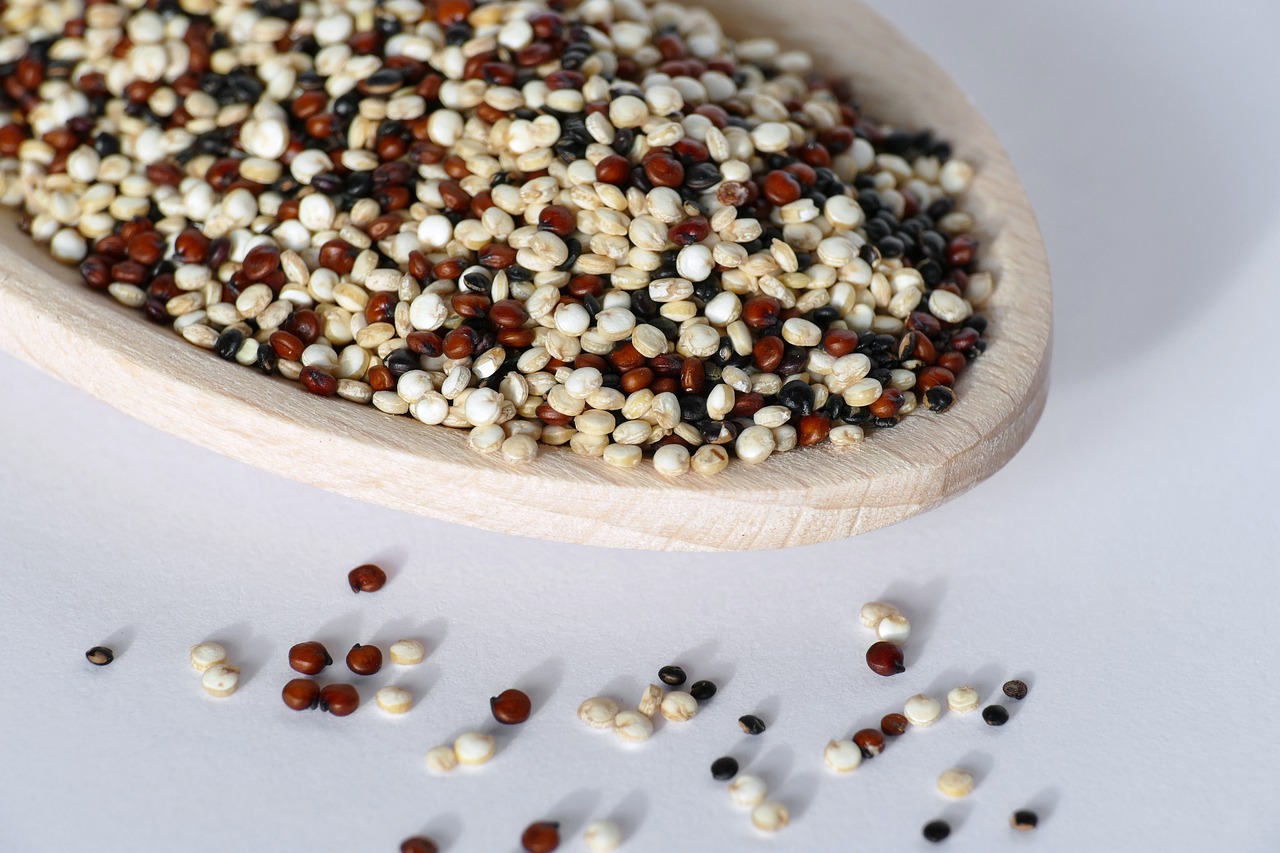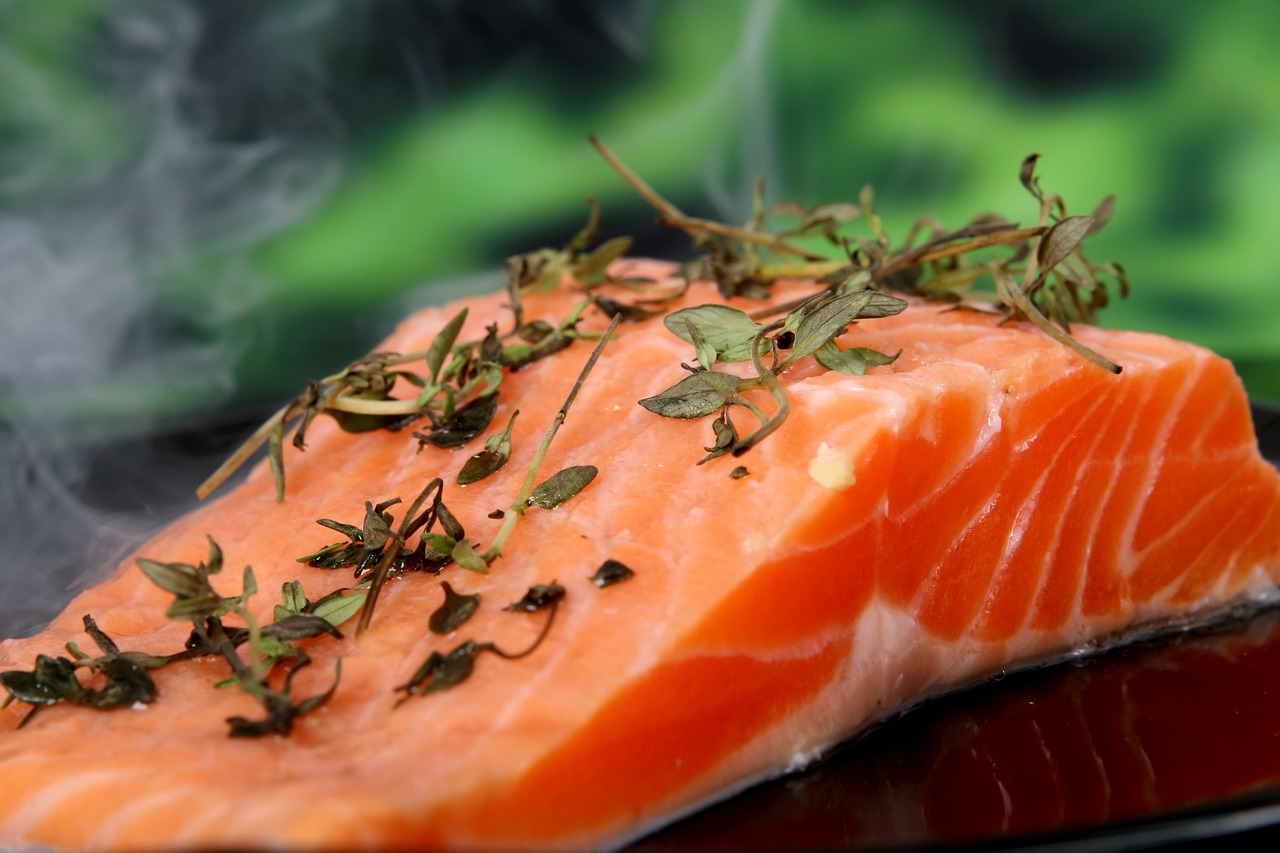Calorie Restriction
Calorie Restriction and Alzheimer's Disease
Alzheimer's and Calorie Restriction Studies
Unfortunately there are no studies that I am aware of that determined the cognitive effect of calorie restriction on human subjects. However, the animal data is very promising. Calorie restriction in animals has been shown to improve cognition, promote healthy brain aging, and prevent Alzheimer’s. Animal studies have also shown that calorie restriction can extend life and prevent other aging related diseases. In fact, the first calorie restriction diet with an animal took place in 1935 when it was discovered that calorie restriction increased the lifespan of rats.1,3
Even though there were no human studies that investigated calorie restriction and cognition, a few human studies focused on cardiovascular effects. A systematic review by Caristia et al. from 2020 included eight randomized clinical trials. In total, the trials showed a reduction of BMI, fat mass, total cholesterol, decreased LDL, and glucose and insulin levels were improved as well.4
In animals, calorie restriction has improved cognitive scores as much as 40%. However, the results are depending on the methods used as other calorie restriction studies have shown a decrease in cognition. In addition, the timing of when calorie restriction is started appears to be critical. Some (but not all) experiments that used older animals showed no cognitive effects. Intensity and duration are also key factors. In general, mild to moderate calorie restriction (≤40%) improved cognition when initiated in the early stages of life whereas more intense and initiation later in life reduced the effectiveness of combating age related cognitive decline. Animal studies have also shown that calorie restriction diets can reduce amyloid plaques and improve cognition in animals that have Alzheimer’s, providing evidence that it might be beneficial in humans with Alzheimer’s.1
SIRT Genes and Alzheimer's
There are a series of molecules that mimic the mode of action of calorie restriction. These include drugs such rapamycin and metformin as well as natural compounds such as resveratrol, curcumin, spermidine and other SIRT activating compounds. SIRT genes are associated with longevity and produce a group of proteins called sirtuins which are thought to be involved in the pathway that provides many of the health benefits of the calorie restriction diet. Sirtuins have been shown in vivo to regulate lifespan and metabolic functions. They are also involved in a process called autophagy. Autophagy is the degradation and recycling of cellular components within cells. Autophagy is critical to keep cells healthy, especially brain cells because autophagy is one process in which cells remove protein aggregates like amyloid-beta. The autophagy process in Alzheimer’s patients is disrupted, so any mechanisms that can improve autophagy would be helpful.1,5,6
Sirtfoods and Alzheimer's
The term “sirtfoods” is used to categorize foods which activate the SIRT genes. Common sirtfoods are: soybeans, strawberries, apples, persimmons, grapes, shallots, licorice, olive oil, cabbage, parsley, kale, various beans, corchorus olitorius, cruciferous vegetables, red wine, white wine, grapes, Rhodomyrtus tomentosa, onions, and capers.7
We have already discussed turmeric and the null results from turmeric randomized clinical trials. Resveratrol and spermidine will be discussed in the supplements section of this website. Rapamycin and metformin will be discussed in later chapters which examines the effect of pharmaceuticals on Alzheimer’s disease.
Alzheimer's Diet and Nutrition Sections
Calorie Restriction References on this Page:
- Dias IR, Santos CS, Magalhães CODE, de Oliveira LRS, Peixoto MFD, De Sousa RAL, Cassilhas RC. Does calorie restriction improve cognition? IBRO Rep. 2020 Jun 1;9:37-45. doi: 10.1016/j.ibror.2020.05.001. PMID: 33336102; PMCID: PMC7733132.
- Caristia S, Vito M, Sarro A, Leone A, Pecere A, Zibetti A, Filigheddu N, Zeppegno P, Prodam F, Faggiano F, Marzullo P. Is Caloric Restriction Associated with Better Healthy Aging Outcomes? A Systematic Review and Meta-Analysis of Randomized Controlled Trials. Nutrients. 2020 Jul 30;12(8):2290. doi: 10.3390/nu12082290. PMID: 32751664; PMCID: PMC7468870.
- C.M. McCay, M.F. Crowell, L.A. Maynard The effect of retarded growth upon the length of life span and upon the ultimate body size J. Nutr., 10 (1935), pp. 63-79
- Caristia S, Vito M, Sarro A, Leone A, Pecere A, Zibetti A, Filigheddu N, Zeppegno P, Prodam F, Faggiano F, Marzullo P. Is Caloric Restriction Associated with Better Healthy Aging Outcomes? A Systematic Review and Meta-Analysis of Randomized Controlled Trials. Nutrients. 2020 Jul 30;12(8):2290. doi: 10.3390/nu12082290. PMID: 32751664; PMCID: PMC7468870.
- Lee IH. Mechanisms and disease implications of sirtuin-mediated autophagic regulation. Exp Mol Med. 2019 Sep 6;51(9):1-11. doi: 10.1038/s12276-019-0302-7. PMID: 31492861; PMCID: PMC6802627.
- Liu J, Li L. Targeting Autophagy for the Treatment of Alzheimer’s Disease: Challenges and Opportunities. Front Mol Neurosci. 2019 Aug 22;12:203. doi: 10.3389/fnmol.2019.00203. PMID: 31507373; PMCID: PMC6713911.
- Pallauf K, Giller K, Huebbe P, Rimbach G. Nutrition and healthy ageing: calorie restriction or polyphenol-rich “MediterrAsian” diet? Oxid Med Cell Longev. 2013;2013:707421. doi: 10.1155/2013/707421. Epub 2013 Aug 28. PMID: 24069505; PMCID: PMC3771427.
Back to Diet and Alzheimer's:
Determine which diet and nutrition plan is best for you based on your Apoe status and subtype.














